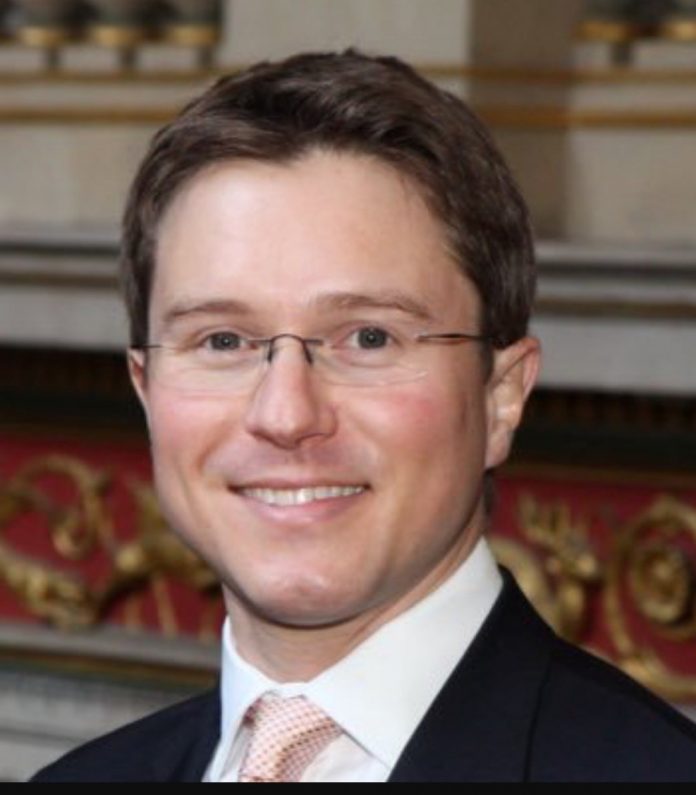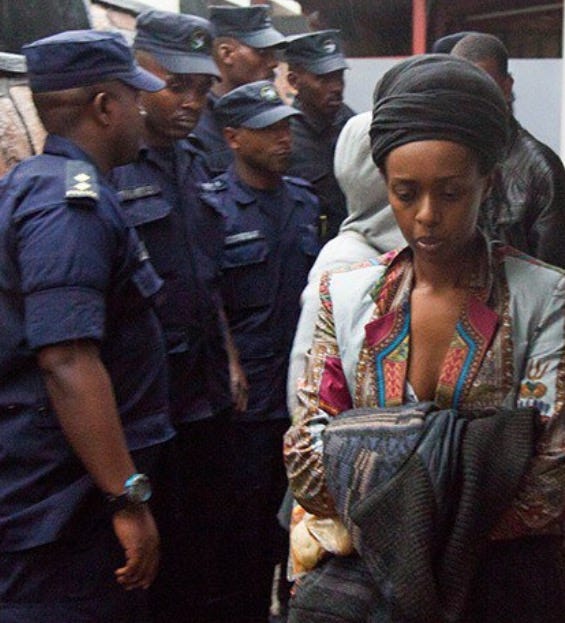
By David Himbara
On September 15, 2017, the British High Commissioner to Rwanda, William Gelling categorically denounced that country’s August 4, 2017 presidential elections. The elections were not free, fair or credible. Three things in particular bothered Gelling – pre-election process of approving/disapproving presidential candidates; the integrity of the elections themselves; and post-election treatment of the incumbent’s political opponents.
With regards to the pre-election approval or disapproval of presidential candidates, Gelling concluded that the process was a mystery. As he put it, he was concerned
by the lack of clarity in the registration process for candidates which appear to have made it impossible for certain credible candidates to register.
For the integrity of the elections themselves, Gelling stated that he personally witnessed outright electoral corruption:
Along with other international observers, I personally saw irregularities with the counting of ballots and vote tabulation.
As for the aftermath of Rwanda’s presidential elections, Gelling decries the treatment of the incumbent’s political opponents. In Gelling’s own words, “it is concerning to see the targeting of opposition figures.”
Gelling’s revelations should embarrass the British political establishment. Britain was the only major country that happily welcomed the disgraceful electoral outcome in Rwanda. The incumbent, Paul Kagame, won by 99%. The UK minister for Africa, Rory Stewart – Gelling’s boss – shamelessly said that the people of Rwanda “participated peacefully and in great numbers…with a result which reflected the will of most Rwandans.”
What might have pushed Gelling to throw his own government under the bus by robustly rejecting Kagame’s North Korea style of electoral results? Who does Gelling have in mind when he talks of “certain credible candidates” prevented from competing for presidency, who are, furthermore, being “targeted” by the Kagame regime?
I suspect that Gelling is embarrassed by the case of Diane Rwigara whose treatment is too horrendous even by Kagame’s standards. The fate of Diane Rwigara and her family may have become too much to bear for Gelling.

Presidential candidate Diane Rwigara dared announce her Rwandan vision – her Rwanda would be free from fear, violence, and authoritarianism. Predictably, she was then denied her right to compete for the presidency.
But even when prevented from participating in the elections, Rwigara persisted. She insisted that she would build a movement for freedom and liberty. Kagame moved in – he locked up Diane Rwigara, her mother, her sister and her two brothers.
Since August 29, 2017, Kagame has held the Rwigaras hostage. They are daily subjected to torturous interrogation by security forces, brought back home, and locked up. They are totally cut off from the outside world.
Where does Gelling’s revelations leave the British political elite? Will they continue their policy of appeasement whereby Kagame can do no wrong? Or is the British political class finally awakening from its long slumber and recognizing Kagame for what he is – an irredeemable power-hungry dictator? One would hope it is the latter, but don’t bank on it.






























































